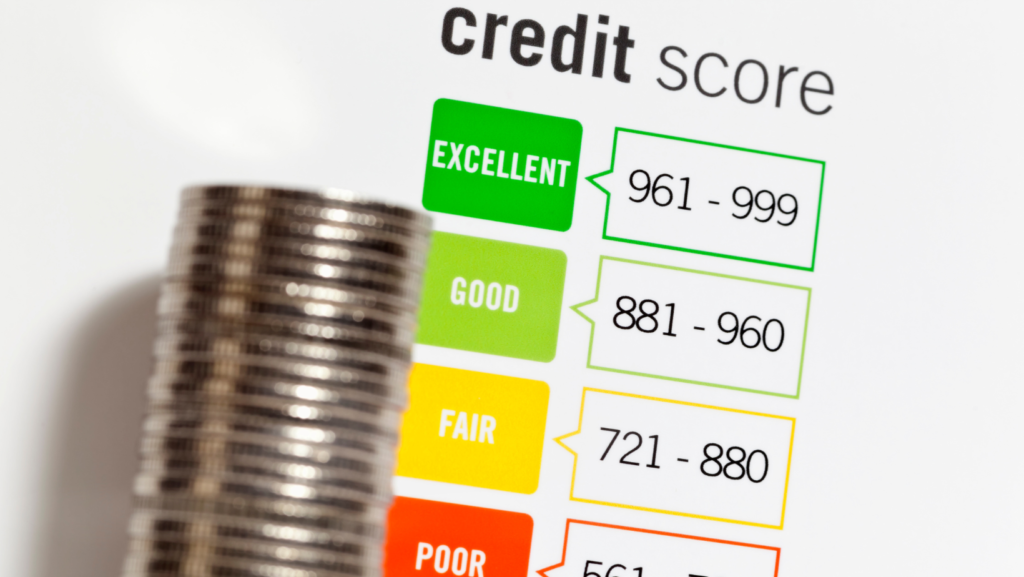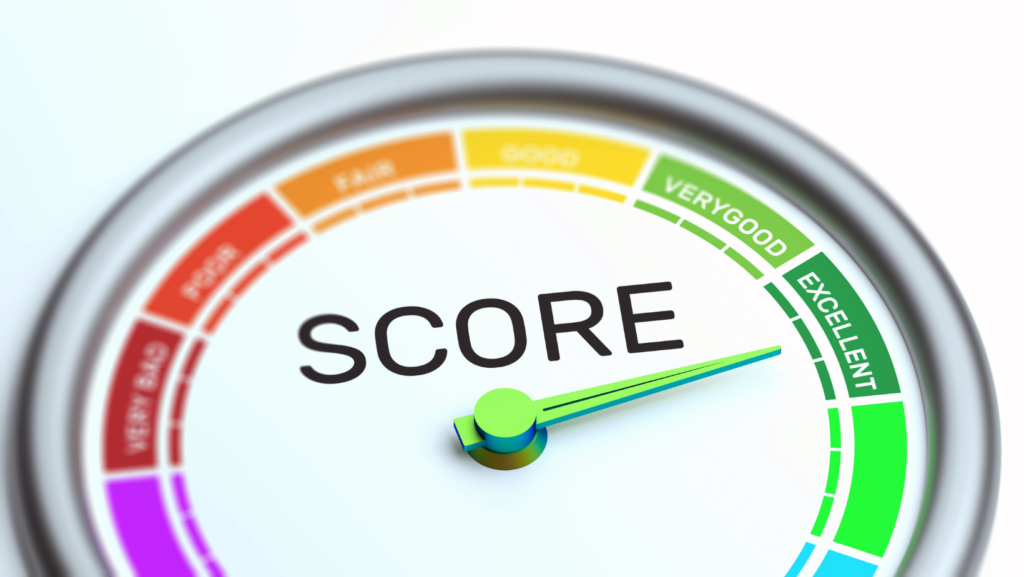If you are looking for a method for How To Build Credit Fast, you must know that no one approach can magically boost your score. However, there are a few things that you can do to improve your scores in a reasonably short period; however, the efficacy of these efforts is highly dependent on the specifics of your situation. Let’s see these in detail.
Are You Looking For A Way To Build Your Credit Scores Fast?
Though there are a lucky few who may be in a position where they may boost their credit scores rapidly, for the rest of us, the primary line is that building credit takes a bit of time, especially if you’re trying to rebuild bad credit.
This is because your credit scores are a sophisticated picture of various interrelated aspects, and aligning all those aspects takes some time plus effort.
Although some credit repair companies could claim that they can swiftly raise your credit scores, believe us that there is no magic bullet that can do this.
But if you start creating good habits now, you can build credit yourself over time.
Here Are 5 Things That May Make Or Break Your Credit Score.
Different factors, some of which we discussed above, combine to form your credit scores, including these 5 things:
- Your Payment History
Your payment history accounts for the most significant portion of your credit score. Because of this, it’s crucial to try to pay your bills on time every month. A negative mark on your credit report from being late might remain for as long as seven years.
2. Credit Usage
Credit usage is another crucial aspect. How much of your total credit limit are you currently using? Keep it at less than 30%, as advised by experts.
3. Duration of Your Credit History
There is little correlation between credit score and duration of credit history. This considers the average age of your credit card accounts and the periods of your oldest and youngest accounts. Lenders will look favorably on borrowers with longer credit histories since this indicates they are adept at handling debt.
4. Credit Mix
The credit mix also has a minimal effect on your credit score. This examines the forms of credit you may obtain. Credit card companies and lenders want borrowers to demonstrate they can responsibly manage revolving and installment debt.
5. Your Recent Credit History
Your most recent credit history also has a negligible effect on your credit score. When you apply for a new credit card or personal loan, these are known as “hard inquiries” and are recorded. Fewer is better, of course.
The Benefits of Building Good Credit
If you find yourself becoming demotivated at any stage in striving to raise your credit score, remind yourself of the reasons you put in so much effort. A strong credit history comes with several great benefits, including the following:
- Reduce interest rate
- Better chances of approval
- Insurance premium discounts
- Increased power to negotiate favorable terms when making significant purchases
- Achieving the goal of homeownership
You’ll enjoy these benefits once your positive credit history is linked to your name.
5 secrets to Build Credit Fast
It takes time to develop credit since the credit system is so intricate. If you have a lot of debt, you can pay it off quickly; it may be possible to increase your scores quickly. But if you begin with a poor credit history, even a radical action like that may have a small impact. Regardless of the circumstances, the most important thing you can do to boost your credit is to establish consistent habits. Here are some ideas that might help you gradually improve your credit score.
- Correct Credit Report Mistakes
It’s not uncommon for credit reports to have errors. Federal Trade Commission research indicated that credit reports for 20% of all consumers had errors. When you fix these problems, your FICO score goes up.
When you regularly check your credit report, you will be better able to identify errors and determine whether or not they should be disputed. Check your credit record carefully to apply for a mortgage or loan. A mistake might result in disqualification or an altered interest rate.
2. Consolidate Credit Card Debt
Because a high credit utilization rate correlates with a lower credit score, so carrying a large amount of credit card debt might make it difficult to achieve and maintain a good credit score.
You may lower your credit utilization ratio by getting a personal loan to pay off your credit card debt. Consolidation of debt is another name for this kind of loan.
The usage ratio will decrease, and your credit score will increase. Finding a personal loan with a cheaper interest rate may also help you save money.
3. Request A Higher Credit Limit From Your Card Issuer.
Your credit utilization ratio (CUR), or the proportion of your available credit that you are using, is the third most influential aspect of your FICO score. 30% of your credit score is based on how much of your available credit you are using. The recommended maximum usage ratio is 30%, with a ratio of 10% or less being optimal.
If you need to use more of your available credit, asking your credit card issuers for higher limits will help. If you do not raise your expenditure, this will result in a lower ratio.
4. Get A Secured Credit Card To Start Establishing Credit.
If you have a low credit score and are disqualified for most types of loans, a secured credit card could be your best choice. For people with less-than-perfect credit, the convenience of a secure credit card may be worth the extra effort of applying for one.
To be approved for a secured credit card, applicants must often put down a deposit equivalent to the card’s maximum credit limit. Although some companies that provide secured credit cards may let you submit a deposit lower than the credit limit, finding them may be challenging. In most cases, the deposit is a minimum of $200.
5. Request a Lower Interest Rate
If you carry a load on your credit cards, paying off that amount might take months or years. However, This procedure might be sped up if you negotiate a lower interest rate with the company that issued your credit card.
If you have more than one credit card, you should determine which one has the highest interest rate and then contact the card issuer. If you’ve been a good customer, remind them you deserve a lower interest rate for your loyalty.
After you have secured the lower rate, you can pay down the debt more quickly, decreasing your utilization ratio.
Potential Pitfalls that should be avoided when working on building your credit scores
In pursuing better credit, it’s tempting to lose sight of the bigger picture and concentrate only on simple solutions. In reality, improving one’s credit score takes time. So, breathe and double-check that your plan is doing less damage than good.
Listed below are a few things that you should try to avoid doing.
- You shouldn’t apply for several new credit cards to boost your utilization ratio. This might increase your credit utilization ratio, but the additional hard inquiries could make you seem to be a high-risk borrower.
- Never take out a loan for the sole purpose of improving your credit mix. Only apply for a new loan once you need one.
- Never carry debt on your credit card to establish or improve your credit rating. Keeping a balance on your credit card may lead to high-interest costs, and it can also lower your credit scores since it raises the percentage of your available credit that you are using.
- After you have paid off your credit card balance, you should only cancel your credit card if there is a solid reason to do so. If you want to maintain a long credit history, keep your credit card open even if you don’t use it. But if owning a card makes you more prone to overspending or if it has a high annual cost, you should reconsider this.
What Comes Next?
There are several credit repair companies out there, and many of them claim that they can quickly boost your credit scores. Keeping your wits is essential.
Being patient while you build your credit is essential, yet you could do some of the work independently.
Paying off considerable sums on credit cards and contesting inaccuracies are two easy ways to rebuild and improve your credit.
For more related content, click here→



